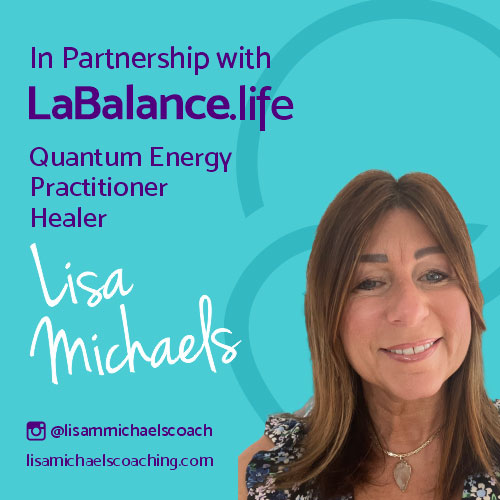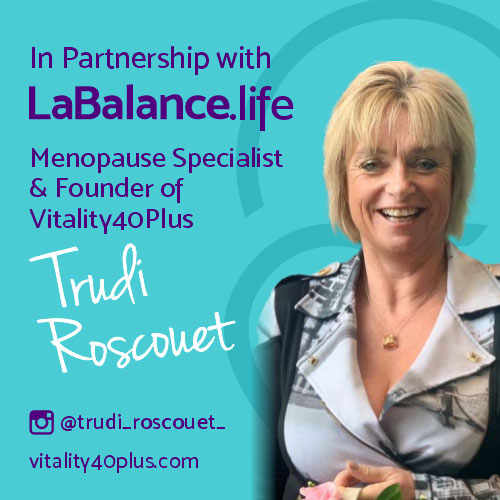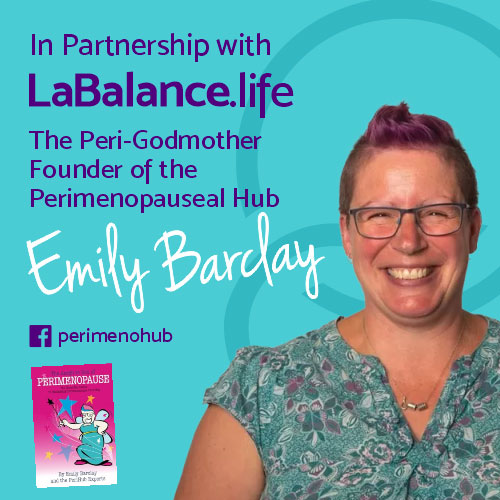What’s the Difference Between Perimenopause and Menopause?
Menopause is a process that affects all women at some stage in their life. It is a natural occurrence and not a medical condition. Menopause takes place because when a woman ages, her hormone levels of progesterone and oestrogen start to diminish. As a result, there is no monthly menstrual cycle and periods stop completely. After 12 consecutive months without any bleeding, a woman is considered officially menopausal. Following menopause, women are no longer able to get pregnant and therefore no longer require birth control.
What is the average age for menopause?
Menopause normally occurs between a woman’s late 40s and early 50s. Perimenopause is the stage leading up to menopause itself; this phase can last for a few weeks, months or even years. Although typically, it is more common for menopause to happen around age 50, this is just an average. Some women will naturally go through early menopause years before they reach 50.


Surgical Menopause
Surgical menopause will occur following a hysterectomy, or immediately after an oophorectomy, where the ovaries are removed as well. This could lead to premature menopause in women who otherwise wouldn’t have reached natural menopause for several more years. This type of menopause is known as ‘hysterectomy menopause’ and will result in the same symptoms as any normally occurring menopause.
How Does Menopause Affect Me
Menopause normally occurs between a woman’s late 40s and early 50s. Perimenopause is the stage leading up to menopause itself; this phase can last for a few weeks, months or even years. Although typically, it is more common for menopause to happen around age 50, this is just an average. Some women will naturally go through early menopause years before they reach 50.
The effects of menopause
The effects of menopause differ for every individual and they impact women in different ways. Generally, the effects present in some common and recognisable symptoms
- Hot flushes
- Vaginal dryness
- Sleepless nights
- Moments of urinary incontinence
- Uncomfortable, sore breasts
- Moodiness irritability and anxiety
- Sudden weight gain
- Muscular tension/sore muscles
- Not being “in the mood” for sex
- Fatigue
- Fall in libido
- Brain fog and memory lapses
If you have not ovulated for twelve months then you are medically considered menopausal, the period of transition is known as perimenopause.
The effects of menopause can be profound. Symptoms can range from mild to severe and every woman is different. Two of the most commonly reported menopause symptoms are hot flushes (or hot flashes) and night sweats.
Living With Menopause
When it comes to living with menopause, what is it that makes the difference to women? The answer to this question is that every experience is unique and therefore the way women manage their symptoms is a very personal choice. However, it doesn’t have to be a traumatic experience and simple lifestyle changes can make a big difference to those living with common menopause symptoms.
A more natural focus on diet, exercise, stress reduction and more sleep can reduce the symptoms of menopause.
Medically a GP or Doctor will advise hormone replacement therapy also commonly referred to as HRT. HRT has several side effects and can increase the risk of cancer, heart disease and strokes. Many women choose hormone therapy, but many opt not to go down this path and seek a different approach.
Ladycare Plus has been helping menopausal women for years. We believe that the reduction in hormone levels causes an imbalance of the Autonomic Nervous System (ANS) which is then responsible for all menopause symptoms. LadyCare addresses this imbalance to restore equilibrium to the ANS and thus reduce or eliminate symptoms.
LadyCare Plus is a natural, drug-free alternative method to reduce symptoms and works for up to 71% of women with up to 24 different symptoms of menopause.
Complementary therapies such as acupuncture, aromatherapy massage, or reflexology can offer some natural relief and also help reduce stress.
There’s nothing else quite like LadyCare by Sassy La Femme and you deserve to feel wonderful, from inside out.
- LadyCare by Sassy La Femme may reduce or completely eliminate all menopause symptoms in over 86% of women (in clinical studies).
- The new LadyCare by Sassy La Femme represents a revolutionary breakthrough, with zero chemicals or drugs involved.
- Use LadyCare by Sassy La Femme at any stage of menopause; perimenopause, hysterectomy, oophorectomy and more to banish unpleasant symptoms and enjoy life to the full!




